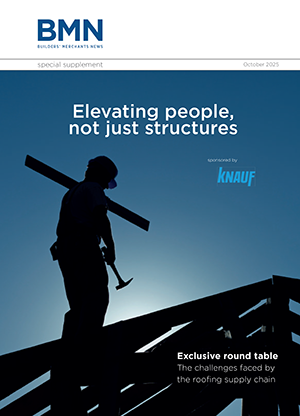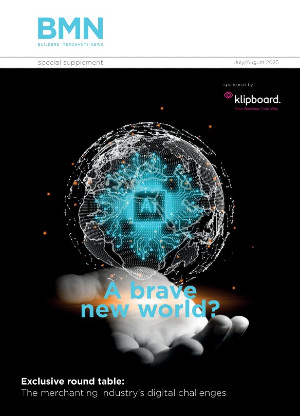Choosing an appropriate vehicle acquisition method can seem daunting for accountants and business owners. It’s important to get an expert in the vehicle industry to give you a balanced and informed opinion when looking at different options, so that you can assess which will benefit your business model the most.
Different vehicle acquisition methods can have effects on businesses beyond vans and cars, including matters like company liability and future financial leverage.
A company’s liability can be measured by a gearing ratio, which is a term for describing a financial ratio that compares an owner’s equity to borrowed funds. Gearing is a measure of financial leverage, demonstrating the degree to which a firm’s activities are financed by the owner’s funds versus a creditor’s funds – the higher a company’s degree of leverage, the more the company is considered risky.
In terms of attractions, there are many advantages and disadvantages within each of the main options: outright purchase, hire purchase, contract hire and flexible vehicle hire. It’s easy to understand why this process can appear daunting!
One of the main attractions of outright purchase is to own a vehicle fully, which provides a feeling of reassurance and familiarity. However, with ownership comes responsibility, such as service, maintenance, repair, tax and replacement vehicles. Then there’s the fact that the vehicle purchase will lead to a cash outflow, which will show on your balance sheet as a depreciating asset and can have a negative impact on your gearing ratio. Also consider what could be done with this capital that you’ve chosen to tie into your fleet – could it be better spent elsewhere to grow your business?
On the plus side, with outright purchase a business can clock up as many miles as they like without coming across any penalties in terms of mileage or damage. Owners can also save money in Benefit In Kind (BIK) Tax, where drivers will pay tax in conjunction with the approved CO2 emission for the vehicle. There are limitations too however, as this is only a short-term saving and only benefits drivers that choose environmentally friendly cars.
If owning a vehicle is high on the priority list for your company, then hire purchase is another method to consider. It is the right choice if the business owner is looking to own the asset at the end of the agreement. Again, this method will show as a depreciating asset on your balance sheet. The company will have the responsibility for payment and interest liability for the duration of the contract, which could have a detrimental effect on gearing ratios. However, with this method, you will still benefit from main dealer servicing, reducing the burden of repairing the vehicle.
To remove depreciating assets from the balance sheet, a company can choose to acquire a vehicle through flexible vehicle hire, which delivers some significant financial benefits. As it is classified as an operating lease, there is no depreciating asset because the supplier will have ownership of the vehicle rather than the hirer and there is no liability on the part of the hirer. They do not enter into a contract for payment and are therefore not dictated by the terms of a contract, which can result in a negative impact on a gearing ratio.
However, with flexible vehicle hire you will never own the vehicle and won’t benefit from main dealer servicing – but you will be able to de-fleet in quiet periods and have a healthier, better-looking balance sheet, which is particularly appealing for businesses affected by seasonality.
Contract hire does not necessarily offer the same benefits as flexible vehicle hire, as the term and the proportion of the cost of the asset dictates whether or not it appears on balance sheet. Also, in some instances servicing and maintenance is limited, resulting in additional time and money spent by the businesses owner to manage this via a third-party dealer. Another aspect to be aware of are mileage penalties. One of my customers clocked up £2,000 in mileage penalties, meaning that they could no longer afford to run the vehicle. On the plus side, contract hire offers fixed monthly repayments and no problems with vehicle disposals.
While there are also numerous operational benefits to these options, this list should offer you a balanced view on the financial impact of what is out there, making your decisions around vehicle acquisition easier.
Mark Batey is from Northgate Vehicle Hire.






